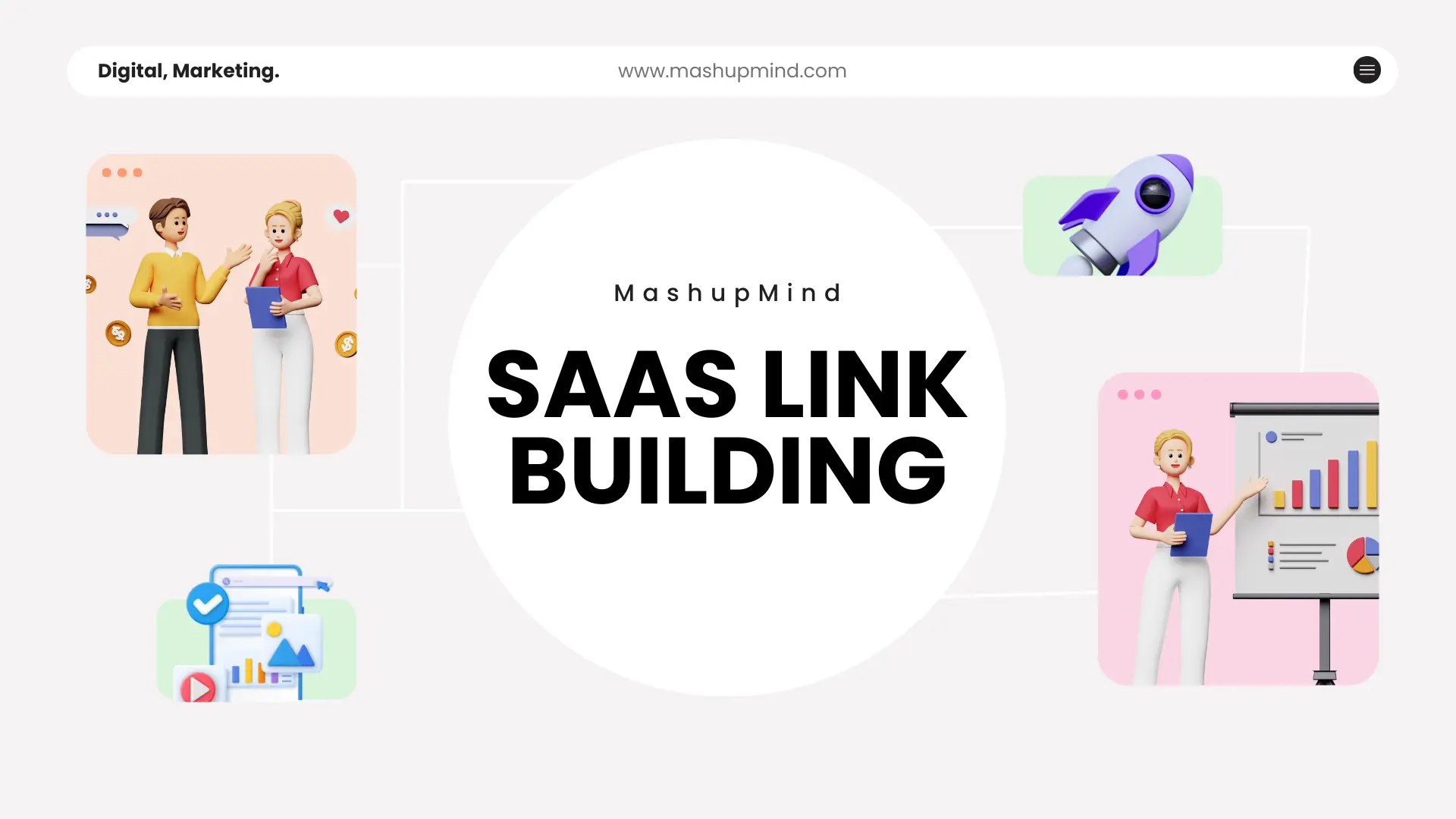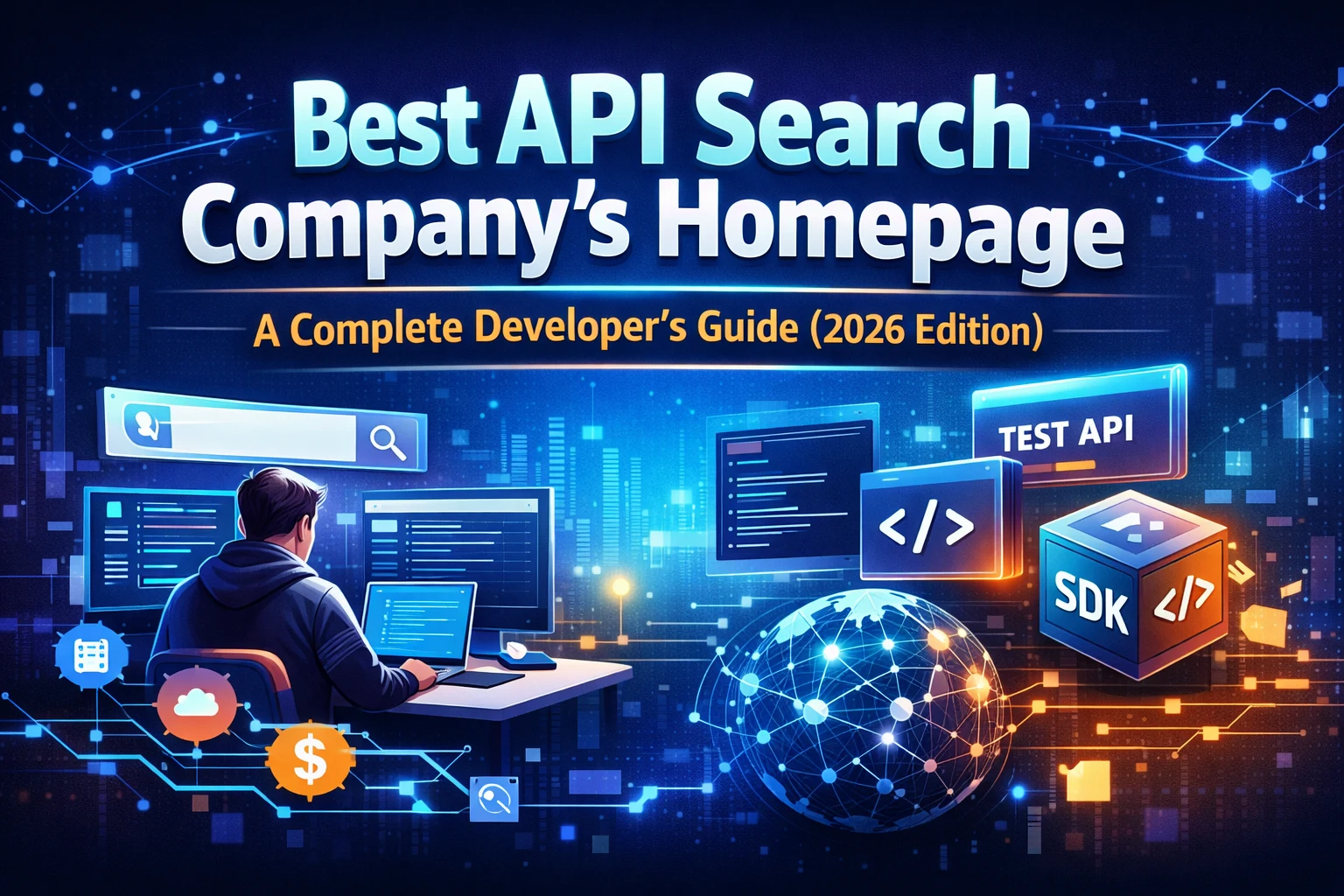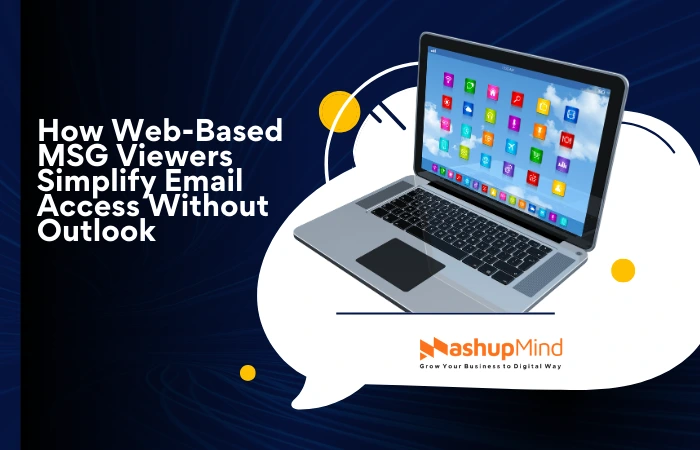In today’s competitive online business environment, businesses are always looking for ways to overtake the competition and win over the perfect clients. One of the best ways to do this is through Google Ads, where businesses are able to appear in the very places that clients are searching. It is simple to produce ads, but making the ads successful campaigns that produce real growth is a different matter. That is where specialist Google Ads management comes in.
A leading PPC agency doesn’t just put ads up; they craft campaigns in alignment with your business goals. They’re interested in the larger picture—how to maximize return on investment (ROI), reduce wasteful expenditure, and deliver consistent leads or sales.
With good management, Google Ads isn’t just a marketing expense—it becomes an engine for growth. This article explains how expert Google Ads management drives ROI, addresses the standard pricing packages, and details the reason why firms that receive expert help grow faster and more sustainably.
The Role of a Professional PPC Agency
Google Ads management in-house will most likely lead to missed opportunities, simply because it is a platform that requires constant attention, testing, and optimization. This is why companies hire reputable PPC agencies. For example, Copify offers Google Ads management services beyond the typical campaign setup. Their focus is not just on generating clicks but on creating campaigns that actually convert to real revenue.
Professional agencies bring keyword targeting experience, copywriting talent, audience segmentation ability, and budget optimization to the table. They also possess advanced analytics equipment to assess performance in real time. So, you don’t just see more traffic—you see the right traffic.
With conversion-oriented landing pages, it can be transformative. A good PPC agency is actually your partner in growth, ensuring that your ad money is being spent effectively and profitably to produce long-term returns.
How Expert Google Ads Management Maximizes ROI
The secret to driving rock-solid ROI on Google Ads is strategy, not luck. Pro PPC professionals start by conducting keyword research that incorporates strong purchase intent keywords rather than wasting money on broad or irrelevant terms. They then create strong ad copy that grabs attention, drives click-through rates, and resonates with what customers actually want.
Another important consideration is audience targeting. Professionals utilize demographic segmentation, location targeting, and even device affinity to get your ads in front of the most likely to buy. Conversion tracking is also used in order to monitor exactly which ads are producing sales or leads so the budget can be spent wiser.
Most of all, campaigns are never left alone. Seasoned managers track performance every day, experiment with variations, and shift budgets to best-performing ads. Gradually, this ongoing optimization turns advertising into a money-making machine, enabling companies to make more than they spend consistently in the long run.
Pricing and Packages for Google Ads Management
When considering expert management, it’s useful to understand how the pricing is structured. Most agencies charge either a flat monthly rate or a percentage of ad spend. The management fees are typically 10%–20% of your ad budget. For a small business, that might mean forking out $500 to $1,500 per month, but for larger businesses with larger budgets, the fees will be between $2,000 to $10,000 per month.
Packages typically include:
- Setup campaign & keyword research
- Ad creative & ad optimization
- Copy A/B testing & landing page testing
- Setup conversion tracking
- Monthly reporting & insights
There are tiered plans with some agencies. An example is a Starter Plan that protects spend of up to $3,000, while Enterprise Plans are tailored for companies that are budgeting $50,000+ in ad spend.
While the investment might appear prohibitive, most companies understand that professional management reduces wasteful spend and generates better-quality leads, many times justifying the management fee.
The Business Growth Impact of Google Ads
Google Ads offers something regular advertising can’t: immediate visibility to the world’s most used search engine. It’s a giant advantage for businesses looking to blow up in growth. Placed with experienced management, ads don’t just bring additional clicks—they bring customers who are already looking for your product or service.
For example, a local plumber can use location targeting to appear exclusively in proximal search results, avoiding ad spend on users outside their area of coverage.
A commercial brand of e-commerce, by contrast, can undertake Shopping Ads that put items on Google itself, often resulting in higher conversions.
The real benefit is in the long term. When campaigns are perfected, the cost per acquisition (CPA) decreases, i.e., you get more sales for less spend. This scalability makes it possible for firms to grow steadily without overspending, making Google Ads one of the best long-term growth tools if conducted by specialists.
Why DIY Google Ads Often Fails
Most business owners try to manage Google Ads in-house by themselves in hopes of cutting costs, but more times than not, do-it-yourself campaigns will lose more through inefficiency. The site itself is shallowly simple in appearance, but a true success requires ongoing testing, optimization, and acquaintance with advanced features.
Common mistakes include bidding on too general keywords, which receive unwanted clicks, or failing to bid on negative keywords, which drive away unqualified traffic. DIY managers also frequently fail to use ad scheduling, geo-targeting, and split testing—each of which has a significant effect on ROI.
Expert PPC managers know how to avoid these traps, though. They are continually testing, analyzing, and optimizing campaigns to get each dollar to work as hard as possible. While DIY is less expensive in the short run, it will be more costly and result in poor outcomes in the long run, proving that professional management is the better bet in the long run.
FAQs About Google Ads Management
1. How much should I spend on Google Ads per month?
The budgets depend, but most small businesses start with a monthly budget of $1,000 to $3,000; larger organizations can spend $10,000 or more per month based on market competition.
2. Is it worth the investment for a small business?
Yes, because with professional management, even the lowest budgets can produce solid ROI by focusing more on high-intent customers who actively look for your services.
3. What does a typical PPC management service include?
Most service providers include campaign setup, keyword targeting, ad copywriting, adjusting bids, conversion tracking, and reporting performance in most services.
4. How soon would I see the results of this?
You would often see clicks and leads within days; however, the best results are after 2–3 months when running the continuous optimization.
5. Can I handle Google Ads on my own?
Yes, but results are generally unpredictable. Expert agencies save money and improve conversion rates, so management fees are worth paying.
Final Thoughts
Google Ads may be the most powerful growth tool for any company, but only if managed strategically. Experienced PPC agencies have the expertise to eliminate wasted spend, optimize targeting, and consistently drive maximum ROI. They bring structure, data-driven insights, and fresh thinking that make campaigns actual growth opportunities.
While management fees may appear on the surface to be an added cost, in a majority of instances, they pay for themselves many times over in the way of better quality leads and increased revenue. Businesses that retain a seasoned Google Ads agency don’t only get better results, they also enjoy peace of mind that their campaigns are in capable hands.
If sustainable growth is your priority, professional Google Ads management isn’t a choice—it’s something you need. By hiring the expertise of professionals, you’re able to ensure that every ad dollar you invest works better to grow your brand and create lasting impacts.







